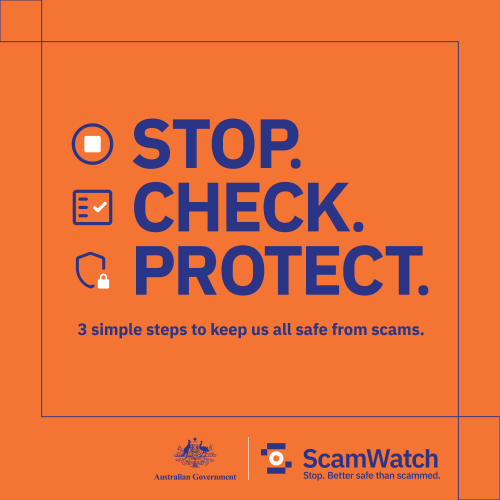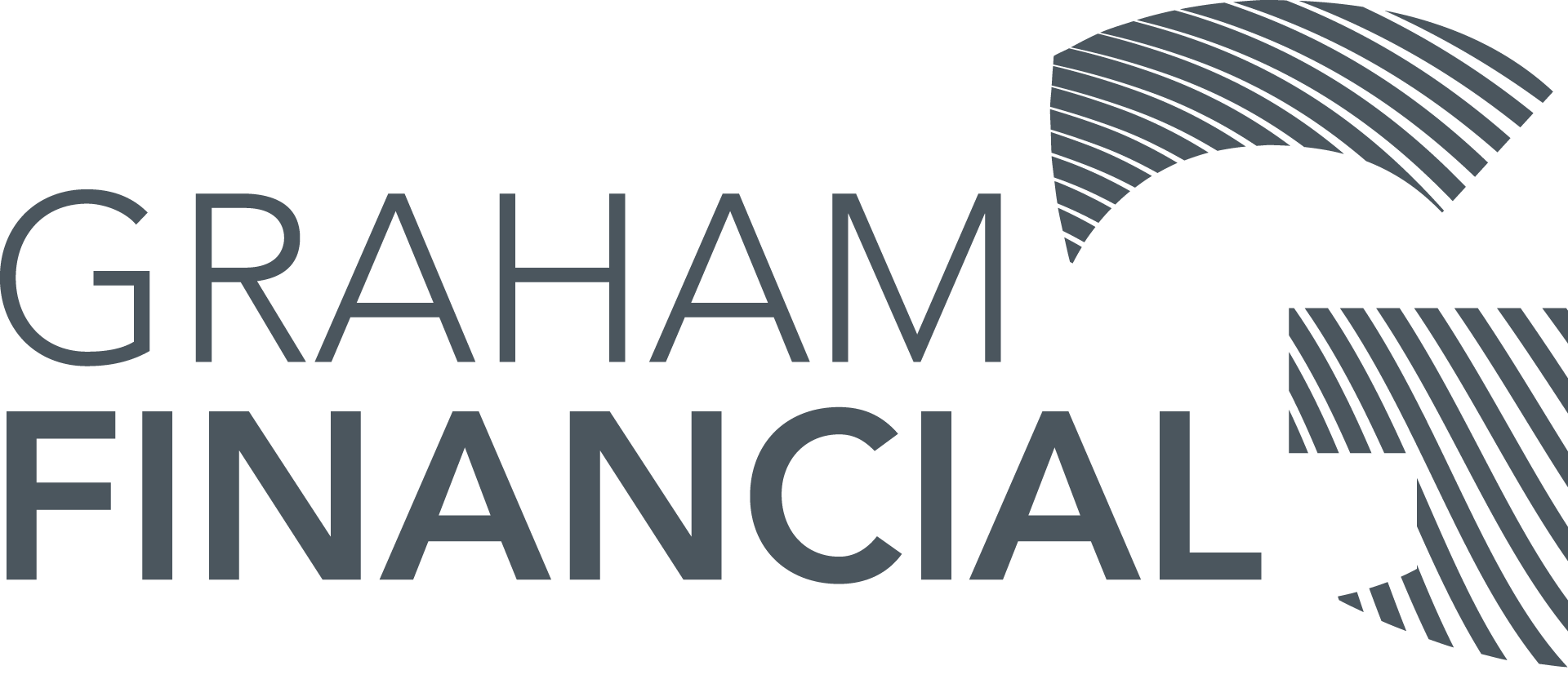Be Scam Aware
Technology is helping scammers reach more people than ever before and we see scams becoming more sophisticated and harder for people to detect. Scamwatch received more than 6,300 reports of financial loss to shopping scams in the first half of 2025: the highest of any scam type. Scamwatch data shows that scammers achieved this by creating convincing online shopping platforms, advertising fraudulent products and luring consumers with deals that appear too good to pass up.
Is This a Scam or Legit?
Government bodies and financial institutions will never ask for login credentials or include clickable links in emails. Instead, they direct users to search for official websites and follow secure instructions.
While it’s distressing to see so many people affected by scams, it’s encouraging to know that Australians are speaking up, seeking help and sharing what they know. This information helps us to continue to disrupt scam networks.
SPOT THE RED FLAGS
- Unexpected contact from a ‘financial advisor.’ Criminals may claim to be from a bank, financial institution or investment company, sending you a fake prospectus or link to a website that copies the company’s branding.
- It seems too good to be true.
You’re promised low-risk investments with higher-than-average returns, often involving shares, foreign currency exchange, treasury bonds, term deposits, cryptocurrencies and real-estate schemes.
- Alternative payment methods. You’re asked to make payment using cryptocurrencies, gift cards and money transfers like Western Union.
- Unsolicited advice. Never take investment advice from someone you’ve met online. If the advice is from someone you know, like family or a friend, they may have unknowingly fallen for a scam.
- Remote access requests. Criminals may ask you to download remote access software, often claiming they need to ‘set up a trading platform,’ which could infect your computer or device with a virus.
- Celebrity endorsements.
Criminals create ‘news’ stories, online ads and videos using artificial intelligence (AI), so it looks like celebrities are promoting an investment.

STOP
Scammers will create a sense of urgency to pressure you into acting quickly.
Don’t rush to make decisions about money or sharing personal details, take a moment to think.
- Say no, hang up, or delete suspicious messages.
- Don’t let anyone pressure you into immediate action.
- Trust your instincts if something feels wrong.
CHECK
Make sure the person or organization you’re dealing with is real.
Always verify who you’re dealing with before taking any action.
- Contact them directly via phone or email from their official website.
- Research investment opportunities or offers through official sources like ASIC.
- Get a second opinion from your financial advisor.
PROTECT
Act quickly if something feels wrong.
The sooner you act, the better you can protect yourself and others from scammers.
- Contact your bank immediately.
- Change passwords and security details if they’ve been compromised.
- Contact us at Graham Financial 07 4613 0514.
- Report to Police. www.cyber.gov.au
- Report to Scamwatch. www.scamwatch.gov.au help to protect others











